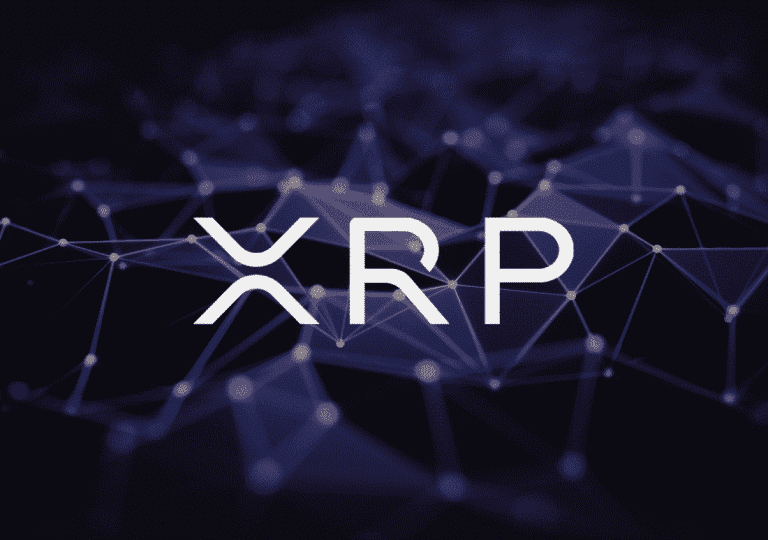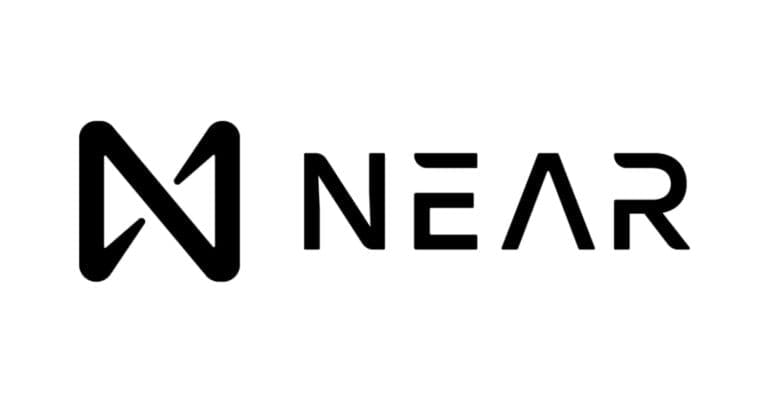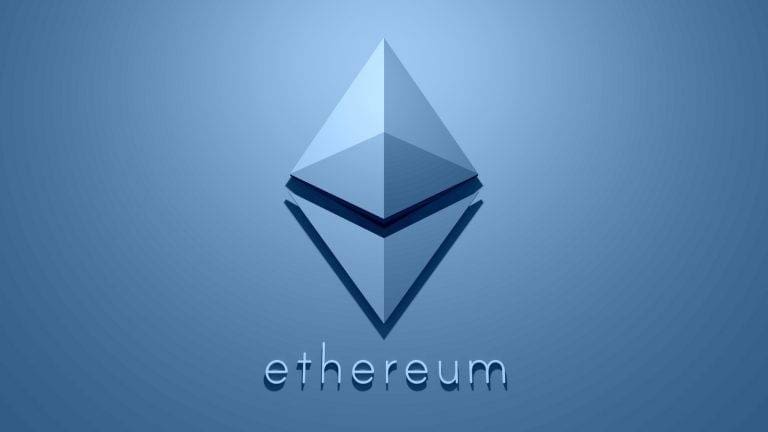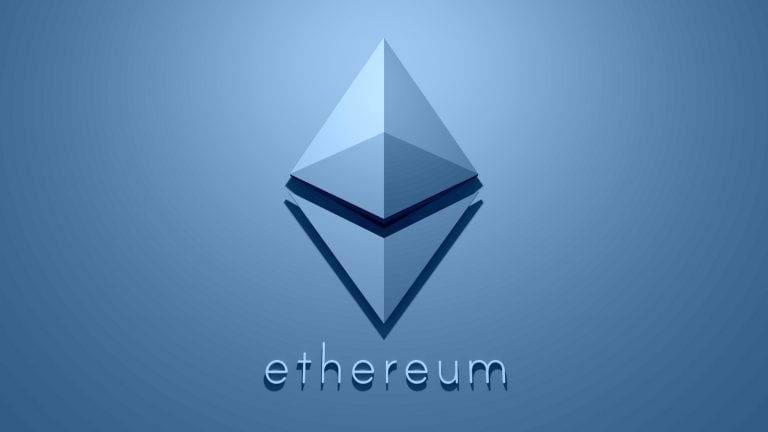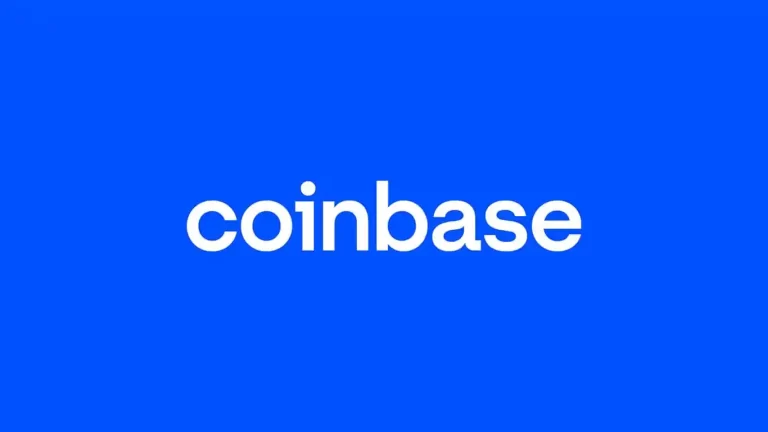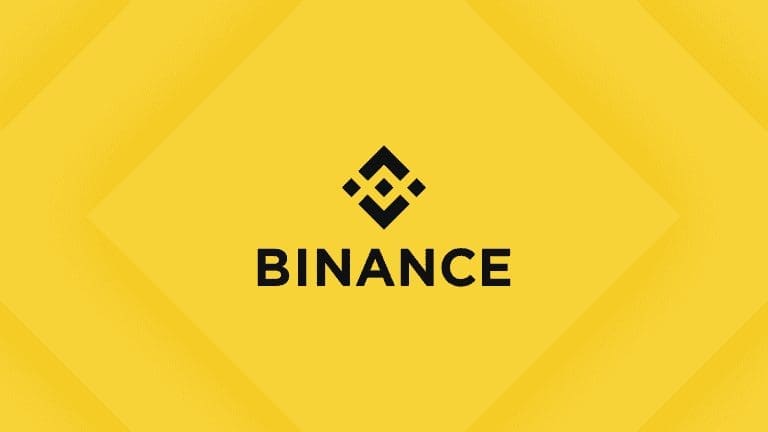Vitalik Buterin has asked for redress for the average UST smallholder who was enticed by crypto influencers’ promises of high stablecoin yields. Vitalik Buterin, the co-founder of Ethereum, believes that any proposed payment strategy for the ailing Terra project should prioritize smallholders.
As widely known, the Terra ecosystem experienced a death spiral around May 9, resulting in a 100% drop in Terra (LUNA) and the TerraUSD (UST) stablecoin losing its US dollar peg, which was priced at $0.16(R2.60) at the time of writing.
With LUNA and UST investors bleeding from massive losses, the community is now seeking ways to repair the ecosystem and maybe provide financial assistance to the many people who were burned.
One such community proposal,- assuming the UST dollar peg is eventually established, is to first repay all initial deposits (not yield) of small UST holders in order to “greatly improve general morale and sentiment” while determining how to segregate debtors and larger investors later. It is projected that the payoff will cost between $1 billion(R16.2B) and $1.5 billion(R24B).
Buterin expressed support for the concept on Sunday via Twitter, stressing that the focus should be on the smaller investor who needs the money, before going on to suggest that the whale holders should bear the loss:
“Coordinated sympathy and relief for the average UST smallholder who got told something dumb about ‘20% interest rates on the US dollar’ by an influencer, personal responsibility and [sorry for your loss] SFYL for the wealthy.”
While the Ethereum co-founder did not openly push for regulation, he did mention that potential safeguards such as financial deposit insurance could be useful in these situations.
“An interesting unrelated one is Singapore employment law. Stronger regulation for low-earning employees, and a more figure-it-out-yourself approach for the wealthier. IMO things like this are good hybrid formulas” he remarked.
At this point, it is uncertain whether the project will be able to rebuild or if it will seek a brief rebound in order to recoup investment losses, however tough that may be. It is also worth noting that the proposal relating to Buterin’s statements has been revised over the week and is now considering paying out to all users up to a $50,000(R813K) per-wallet cap.
Another proposal floating around the internet is to create a “TERRA 2” hard fork for the Terra blockchain while also opening a liquidity pool to bring UST back to its peg.
Binance founder and CEO Changpeng Zhao, on the other hand, slammed this notion over the weekend, tweeting that “forking does not offer the new fork any value.” That is only wishful thinking.”
Prior to the LUNA and UST crashes, the Luna Foundation Guard owned around $2.7 billion(R43.9B) in Bitcoin (BTC). CZ also questioned “where is all the BTC that was going to be used as reserves?” in relation to the pool concept to rebuild UST.
Do Kwon, the creator of Terraform Labs, resurfaced online late last week and offered a rebuilding of the Terra blockchain to reset “network ownership” and distribute 1 billion LUNA tokens to the community.
Kwon’s proposed “Terra Ecosystem Revival Plan,” on the other hand, has received severe opposition from prominent members of the crypto community, including Dogecoin (DOGE) co-founder Billy Markus, who has urged Kwon to quit the industry and also noted:
“If they wanna pay off the victims of their dumbass failed protocol, instead of using new money from new victims, they should use the money they already funneled from investors to pay them back.”



